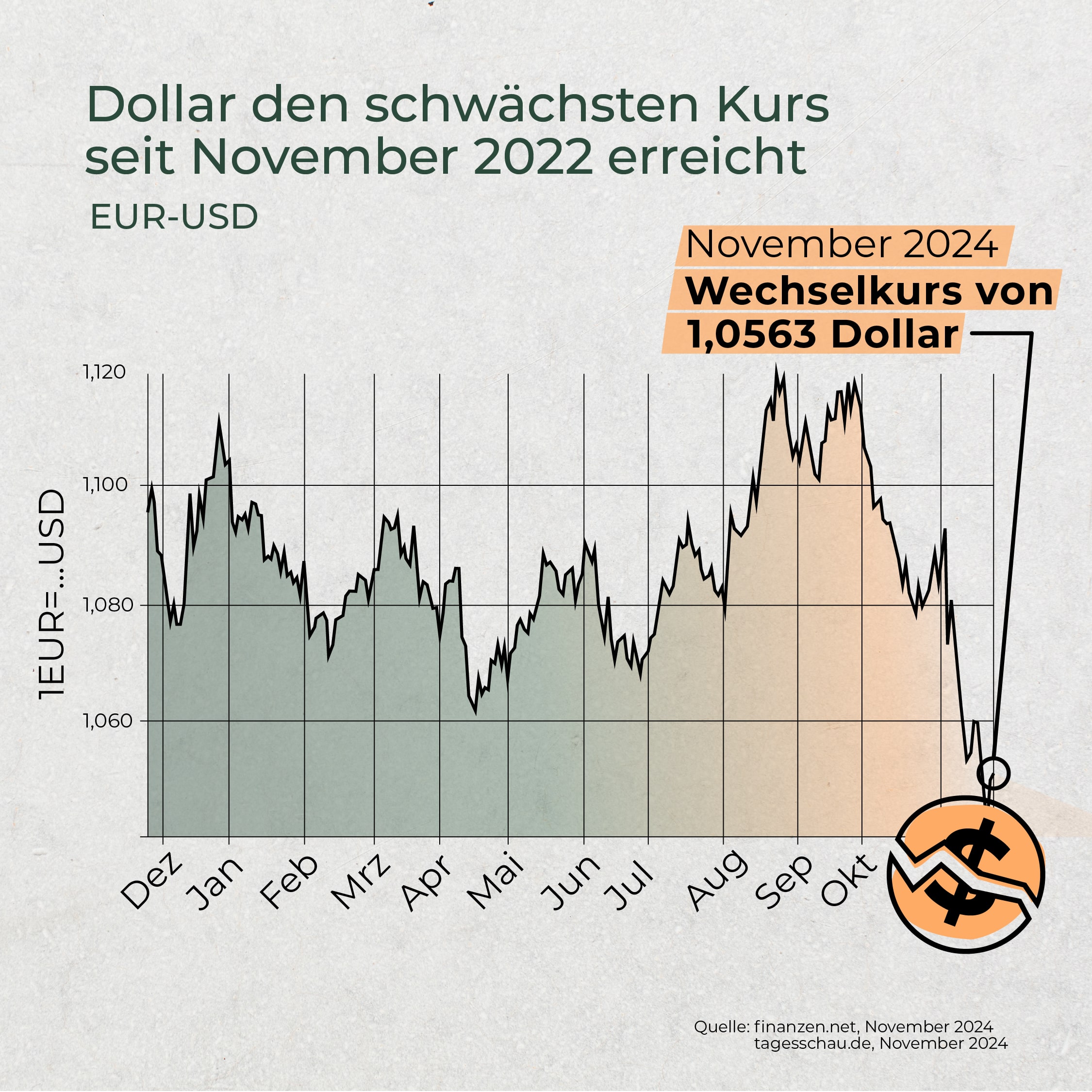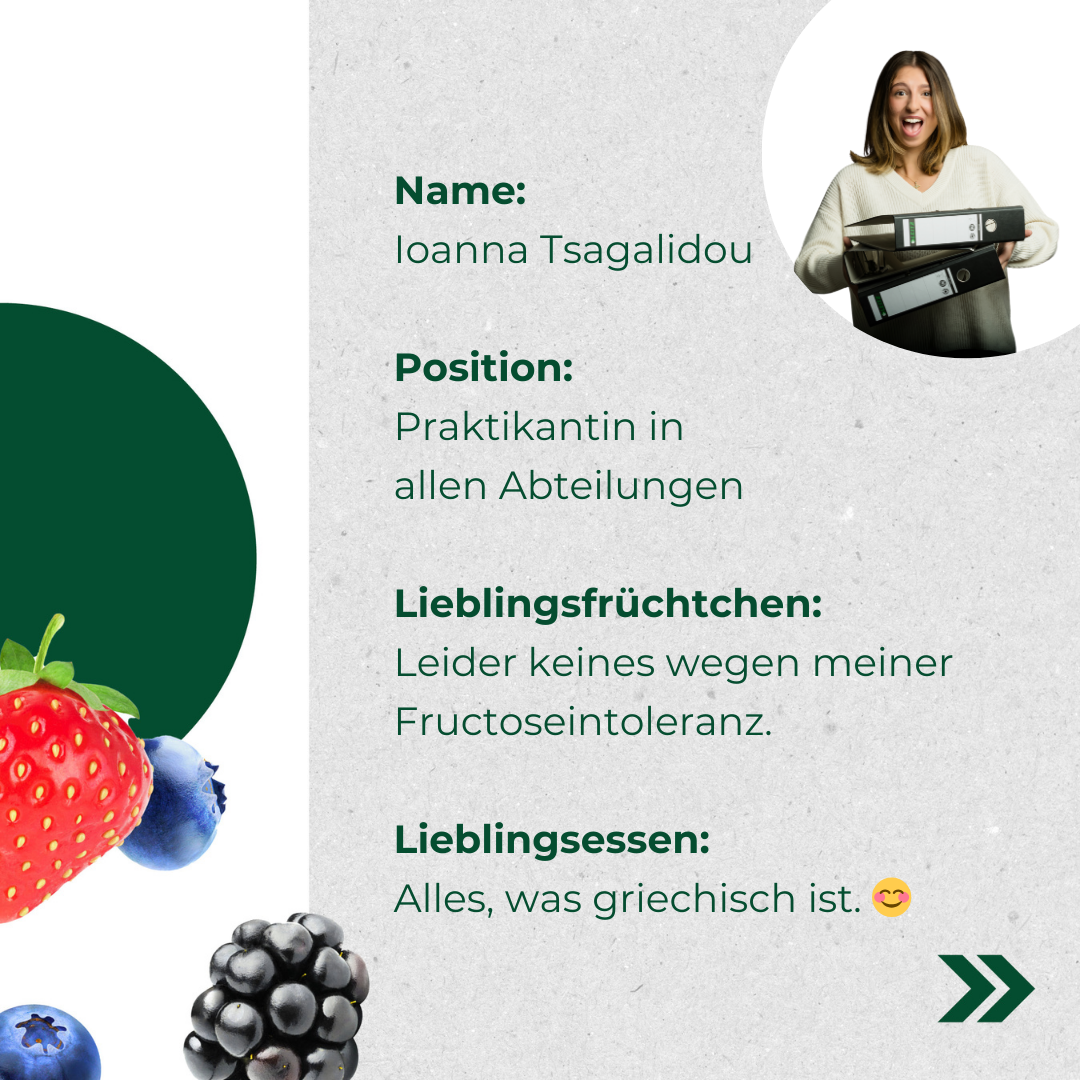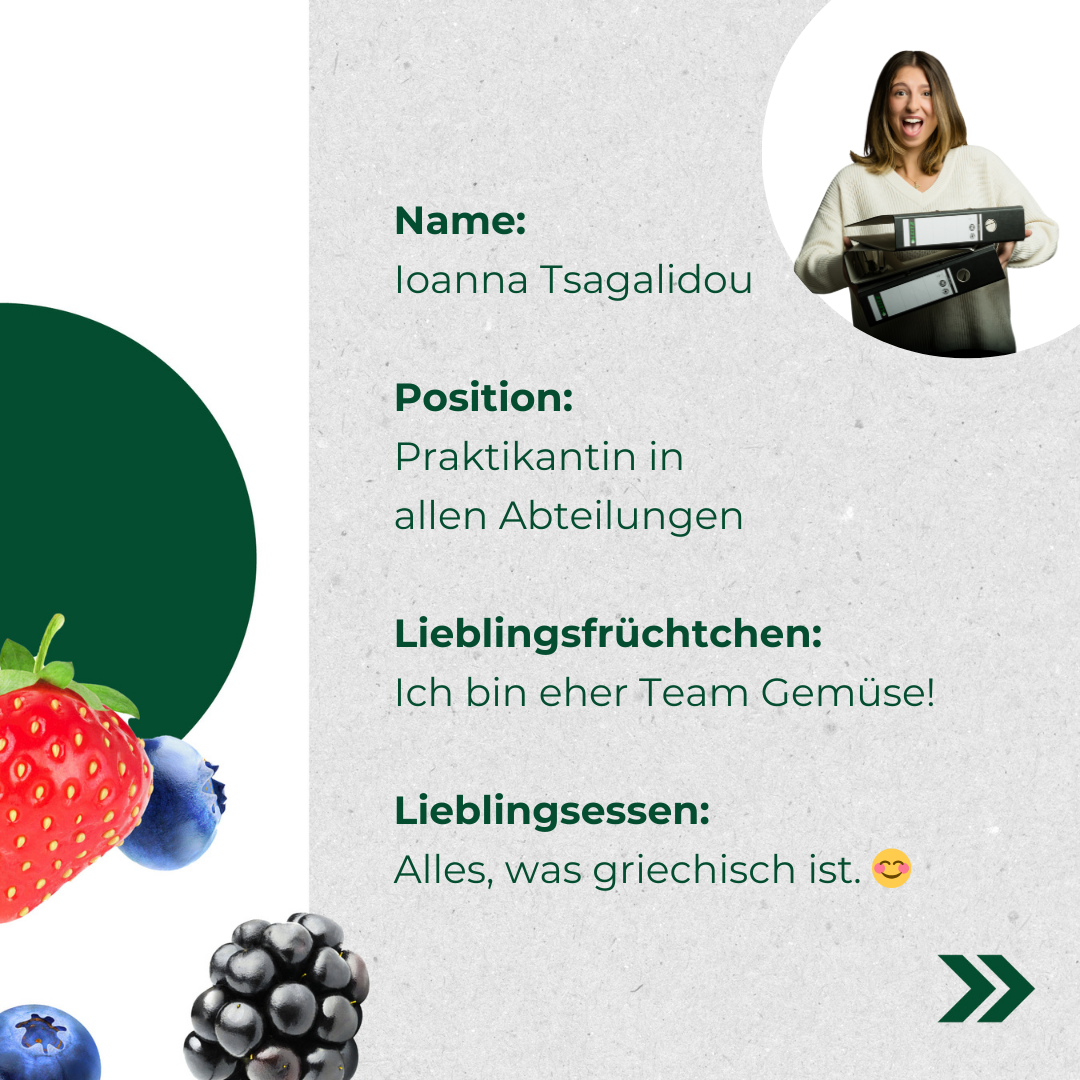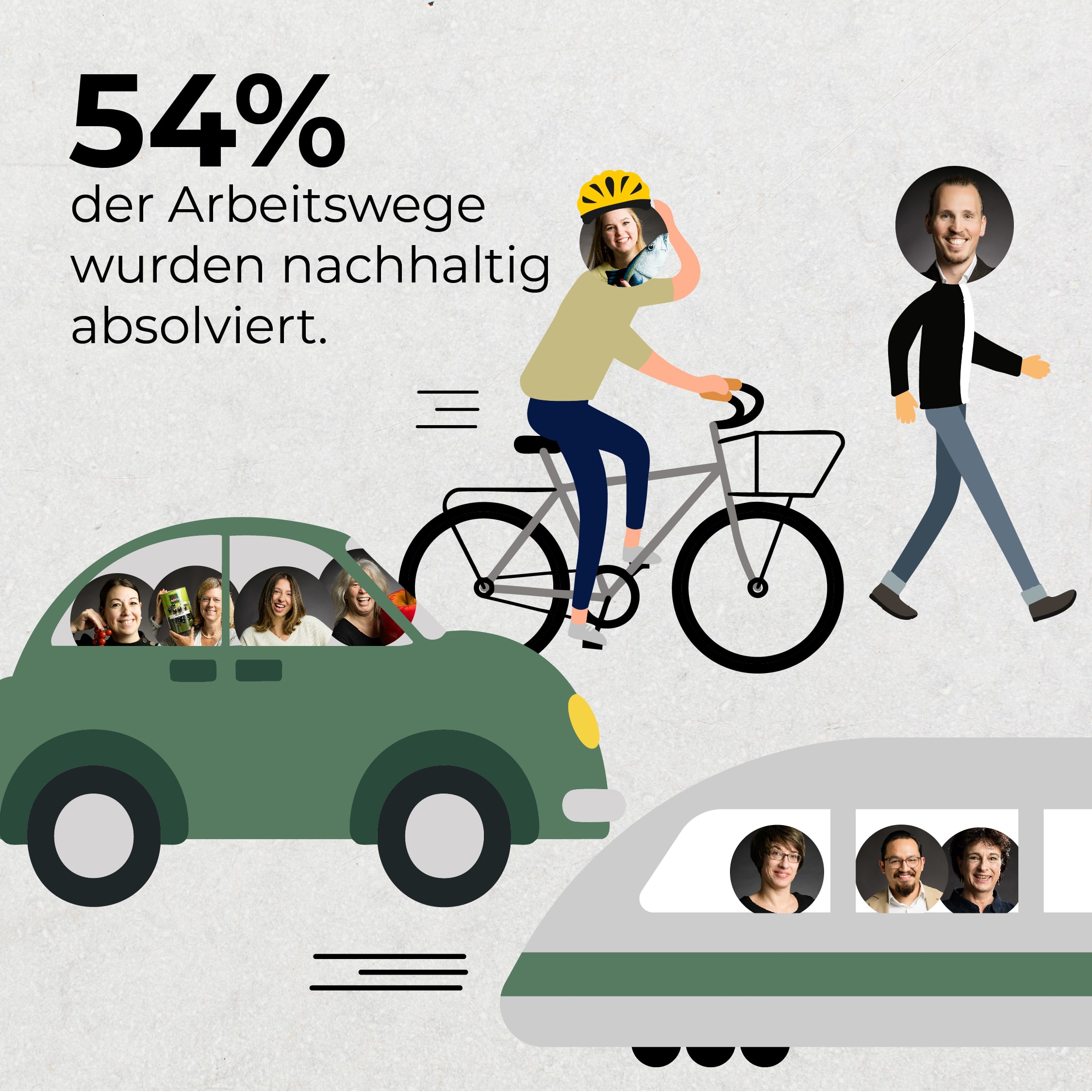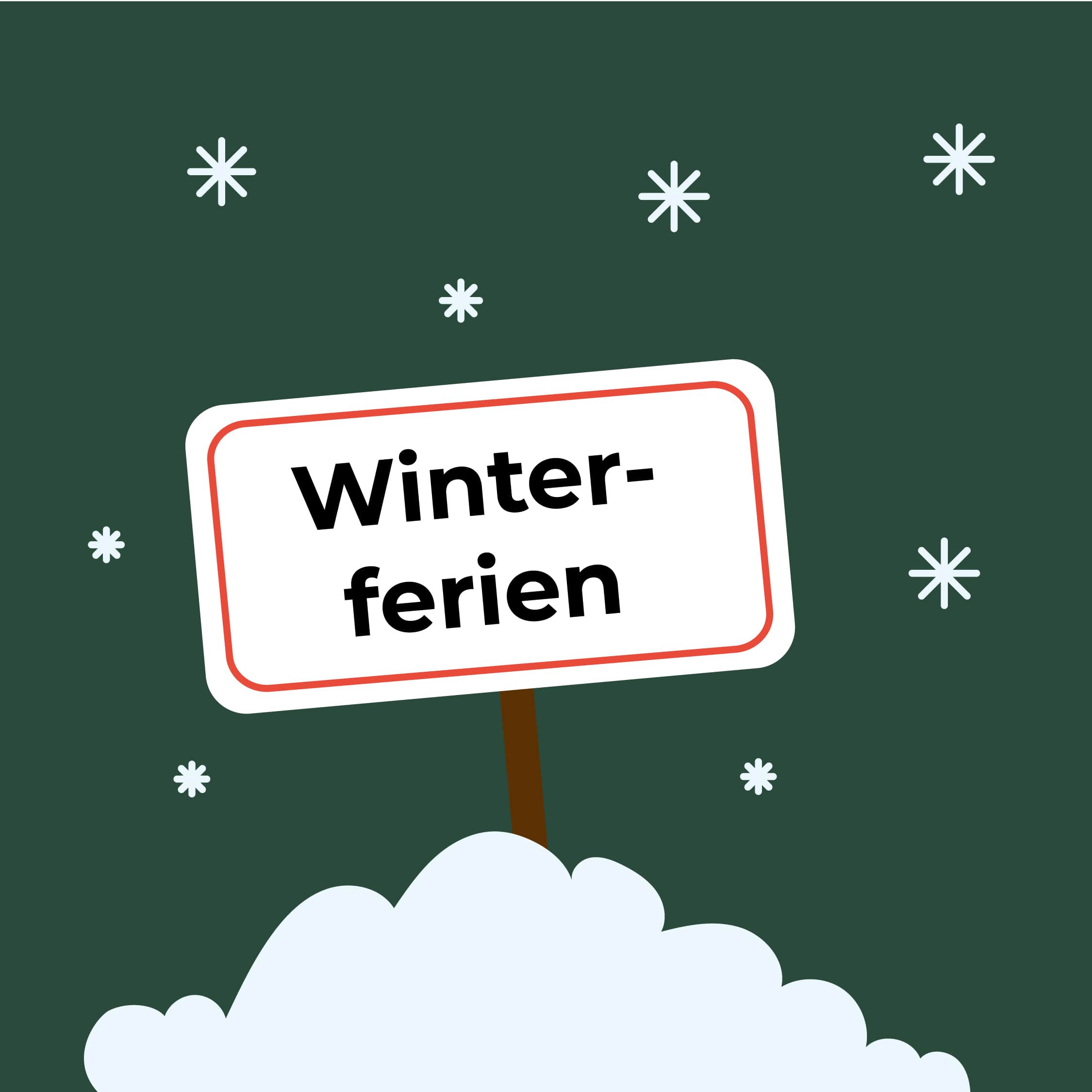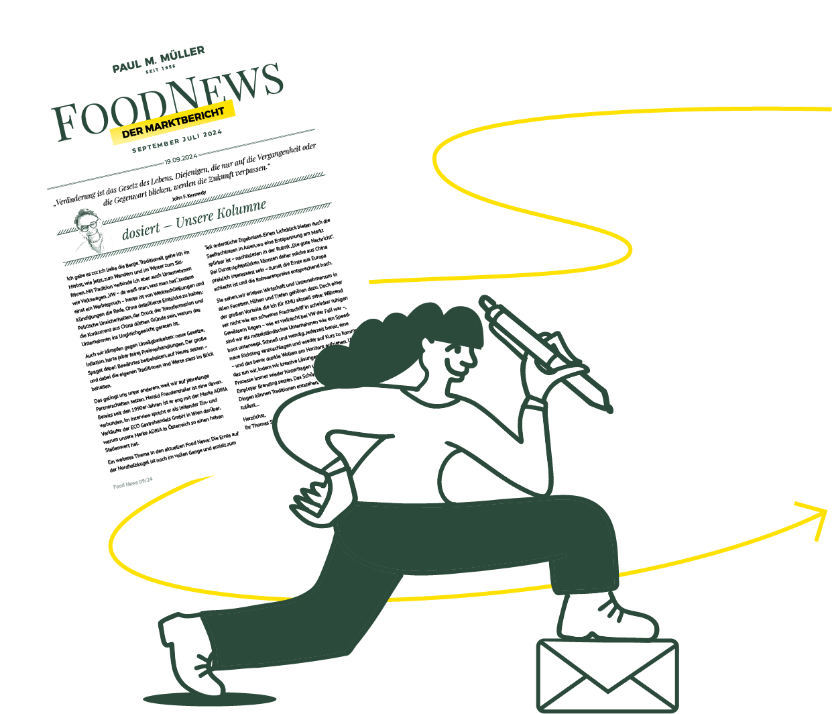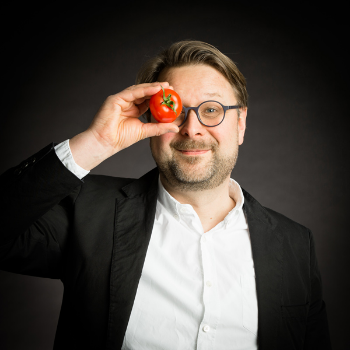PMM: Mr. Kalogirou, you work for the Caritas Association as a strategic buyer. Where do you and Paul M. Müller overlap?
Uwe Kalogirou: I have known the company since 1992, when I worked for a wholesaler. Today I find myself on the other side: whereas I used to work as a purchasing manager, I am now a customer. Even though my contact with the employees at Paul M. Müller is no longer as intensive as it used to be, I have always appreciated working with them over the years. The team is extremely friendly and solutions are worked out immediately when problems arise. The quality of the products - be it tomatoes, olives, artichoke hearts or pineapples - has always been high. You can rely on that.
PMM: If that wasn't the case, you would probably get feedback directly from the kitchen, wouldn't you?
Uwe Kalogirou: In any case. At the Caritas Association, we look after over 350 facilities in Munich and Upper Bavaria. A few years ago, there was no central purchasing department - each facility ordered at its own discretion. Step by step, we have started to issue invitations to tender. I've been in the business for a long time and know what's important. Not all canned apricots are the same, and it makes a big difference whether I use them for a cake or as a topping for yoghurt. The drained weight can also vary greatly.
PMM: Mr. Nusser, what do you think are the biggest challenges in the kitchen at the moment?
Andreas Nusser: The main difficulty we face in the kitchen is finding and retaining qualified staff. We are also confronted with rising food costs and growing demands. Rising prices for a place in a retirement home also mean that we are expected to provide appropriate quality and services.
PMM: Under these conditions, how important is it for you to be able to rely on high food quality?
Andreas Nusser: This is absolutely crucial and of the utmost importance. If you want to offer good quality, you also need high-quality ingredients to cook with. This is the only way to achieve a satisfactory result. However, the challenge is to master the purchase of high quality within the budget.
PMM: How important is the consistently high standard for you, Mr. Kalogirou?
Uwe Kalogirou: It is of great importance to us as we work with fixed quantities and quality standards - we are in close contact with the kitchens here. If a can only has a drained weight of 800 grams instead of 1,000 grams, this has a significant impact on our annual budget.
PMM: Is canned food becoming more important again in times of rising prices for fresh food?
Uwe Kalogirou: In my opinion, canning has never been out of fashion - it has always played an important role. For me, it is very important, especially in terms of freshness. Canned food can be kept without refrigeration and has a significantly longer best-before date (BBD) than fresh or chilled products. That is undisputed.
PMM: Does the use of canned food help to optimize processes?
Uwe Kalogirou: Definitely! Fresh and frozen products are excellent, but when things need to be done quickly, canned food offers a clear advantage. Fruit and vegetables are ready to use immediately without having to be prepared beforehand. With frozen products, I also have to wait until they have defrosted. Storage is also cost-effective and independent of energy costs.
PMM: How much do canned foods help you in communal catering, Mr. Nusser?
Andreas Nusser: It's important to find a balance. Relying solely on canned food is not an option for me, but working exclusively with fresh ingredients is not always practical either. I notice that fresh fruit in particular is often very firm, which doesn't go down well with the residents. In such cases, canned fruit can be a good alternative.
PMM: Are you also aware of the current food trends in communal catering?
Andreas Nusser: Vegetarian diets already play an important role in our country. Veganism, on the other hand, is not yet so widespread, but this could certainly become more important in the future with the generational shift.
Uwe Kalogirou: So far, we have hardly received any feedback on the vegan food trend. We rarely use convenience products - apart from canned food, which of course also offers a certain degree of convenience. When we prepare schnitzel or cauliflower and cheese medallions, we do it ourselves. A survey of residents showed that they prefer home-cooked meals. And that is their right - after all, they are investing in our facilities. We serve 10,000 meals a day and are obliged to guarantee high quality. From the customer's point of view, the question for me is: what's the point of having the cheapest product if it's not available? That's why I prefer products that are perhaps a little more expensive, but offer quality. An excellent example of this is the Adria brand from your range. The quality is right, the price is reasonable and the goods are always available. For me, the availability of goods has top priority, followed by quality and only then price. We don't have time for our employees to get in the car and drive to the metro or look for replacements.
PMM: What role does sustainability play today?
Andreas Nusser: Sustainability is playing an increasingly important role, not only in the area of food, but also in terms of energy, personnel deployment, resource management and the avoidance of food waste. Issues such as regionality and organic products are also important, although the budget must always be taken into account here too.
PMM: What service do you value from Paul M. Müller?
Uwe Kalogirou: The product specification on your homepage is excellent. It contains all the relevant information you need: Pallets, dimensions, sizes, weights and ingredients - really comprehensive and helpful (Editor's note: This relates to the ADRIA website, which is currently being revised - see e.g. www.we-love-adria.com/produkt/tropischer-fruchtcocktail-leicht-gezuckert/)
Andreas Nusser: The consistent quality of your products has proven itself very well in the past. Your food news is very interesting, as it provides me with information and news that I might not otherwise hear about.
Thank you for the interview.
You can find many more interviews with other exciting discussion partners on our website.
About the person - Uwe Kalogirou
Uwe Kalogirou is a trained baker and confectioner, after which he was employed as head of the food department at Metro C&C Markt in Munich. He joined the food wholesaler's delivery service as Purchasing Manager Food and Nonfood in 1992. Since January 2022, he has been Strategic Buyer for the Caritas Association of the Archdiocese of Munich and Freising. "My heart beats for food," he says.
About the person - Andreas Nusser
Andreas Nusser is a trained chef and master chef. He has worked in various restaurants and hotels. During his time in the German army, he had his first contact with communal catering in the navy on various types of ships. He has now been working in the care home sector for 22 years, first as a chef and later as a kitchen manager. Today, Andreas Nusser is a consultant for catering and occupational health and safety in the Caritas retirement homes division and supports his colleagues in the production kitchens with organizational matters and all questions relating to catering - "so that practice is anchored in theory". He also works in close coordination with Uwe Kalogirou.
About Caritas
Since its foundation in 1922, the Caritas Association in the Archdiocese of Munich and Freising has developed into the largest charitable organization in Upper Bavaria.
It is an umbrella organization with eleven specialist associations and numerous members. At the same time, it is the sponsoring organization for over 350 of its own facilities and services. The Caritas Association covers the entire spectrum of assistance for people of all ages, social classes and denominations.
 Click here for the website of the Caritas Association in the Archdiocese of Munich and Freising.
Click here for the website of the Caritas Association in the Archdiocese of Munich and Freising.
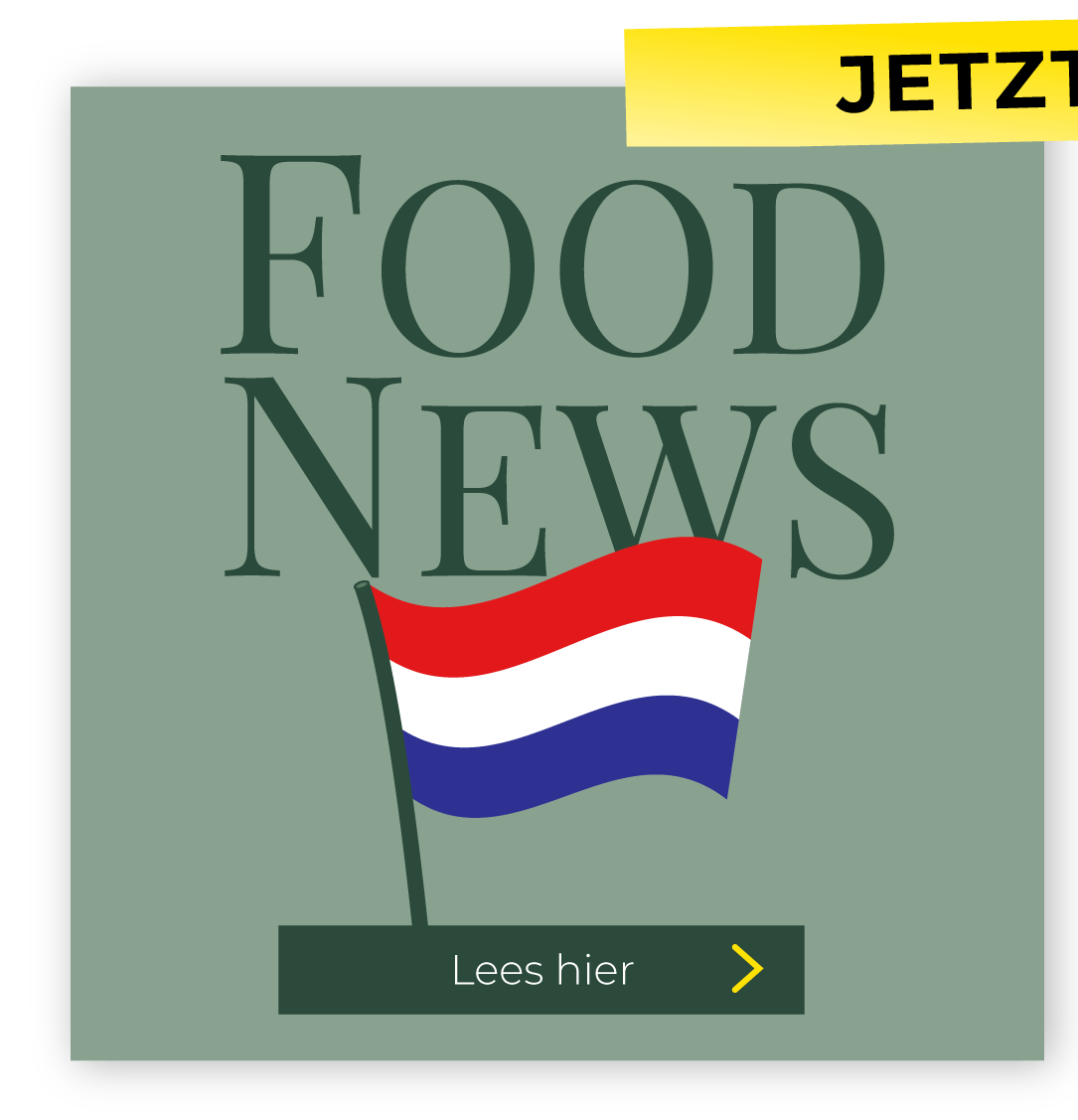
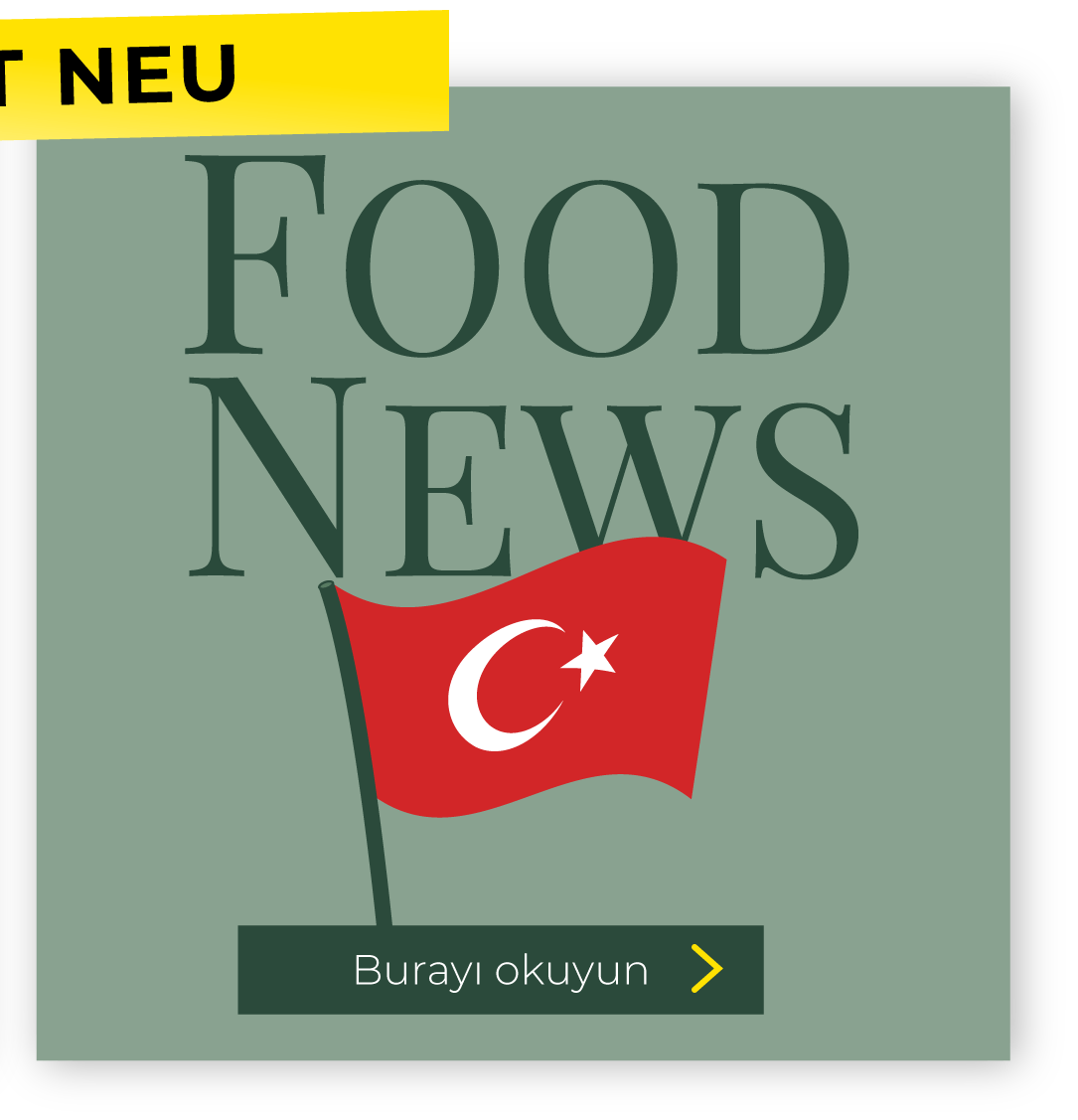



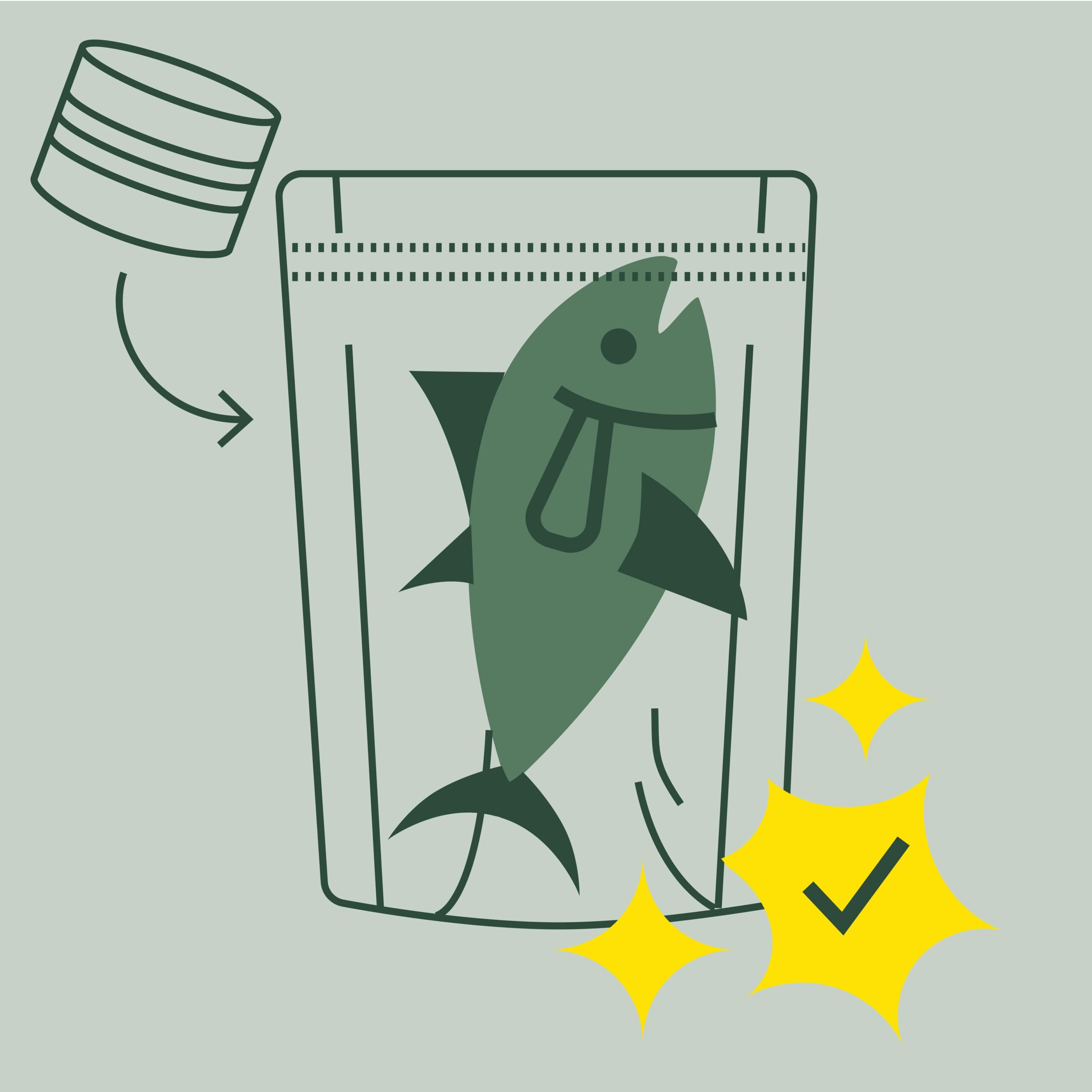
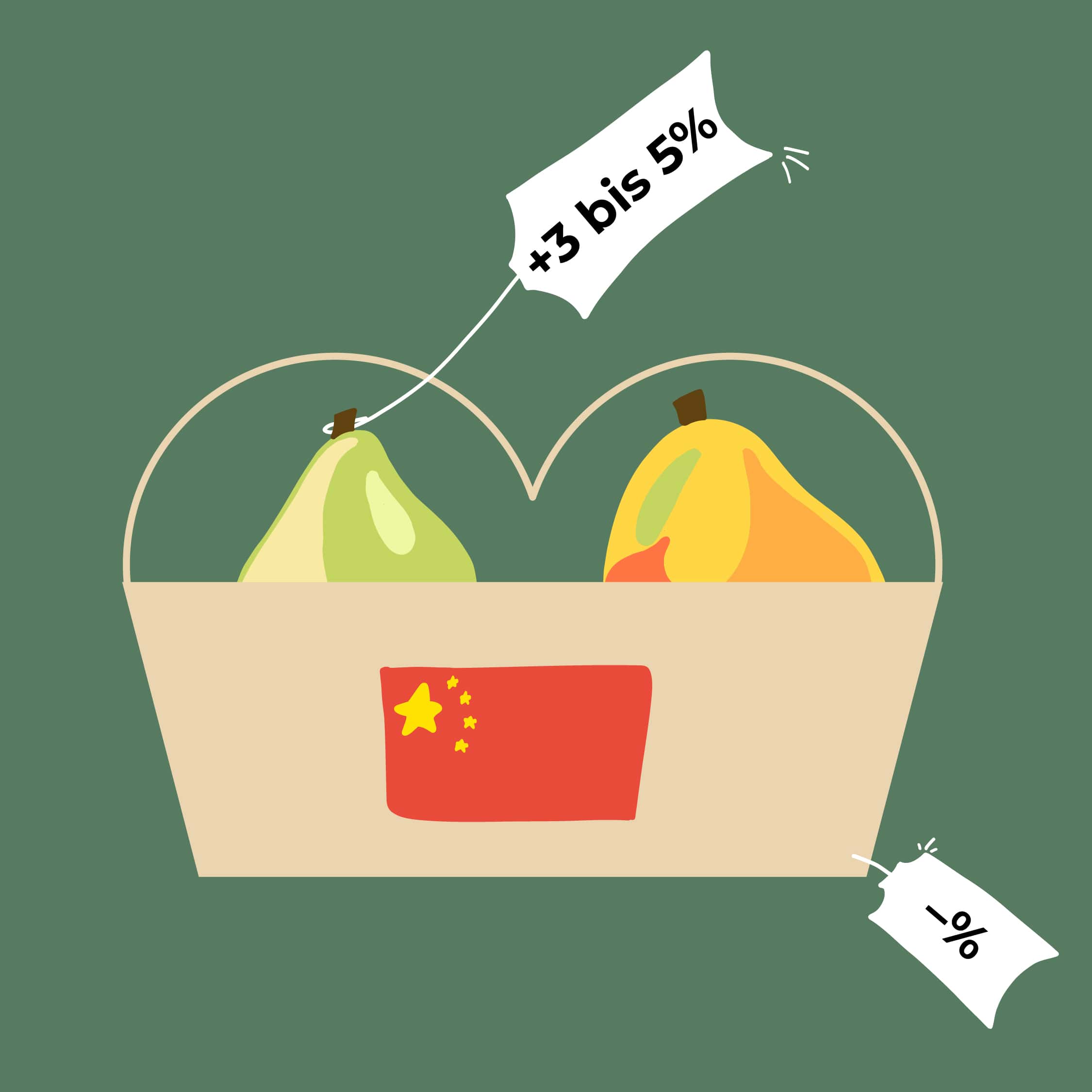
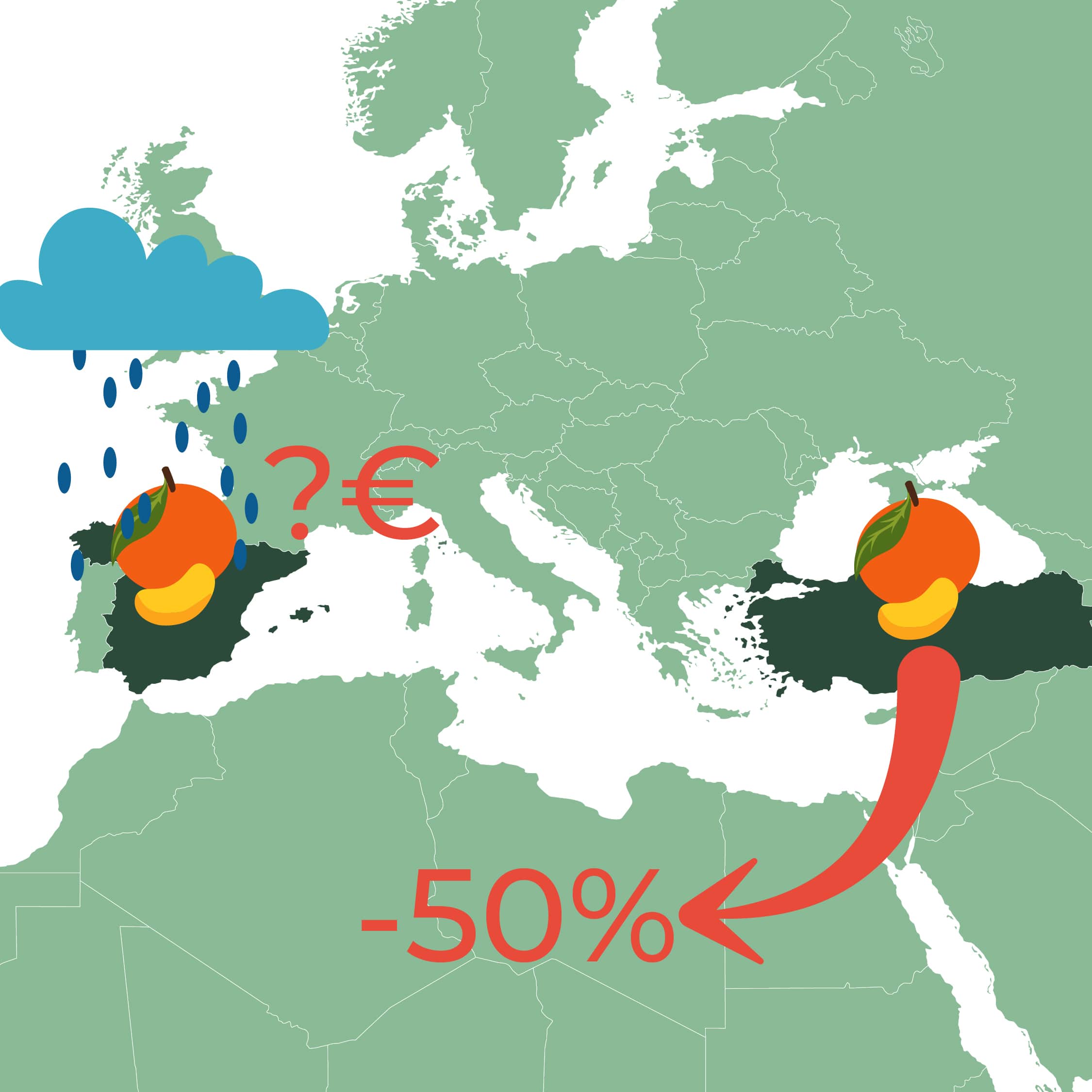
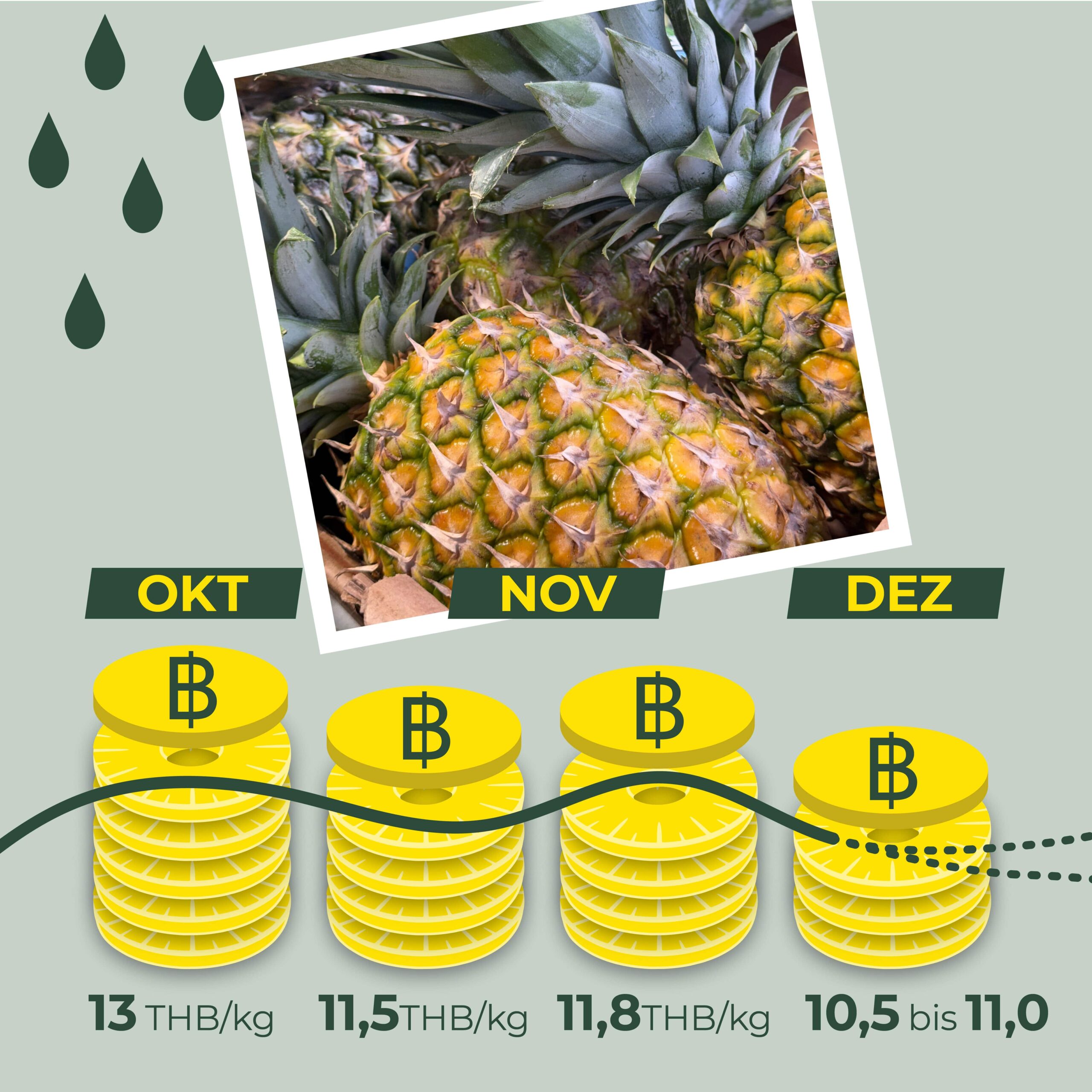
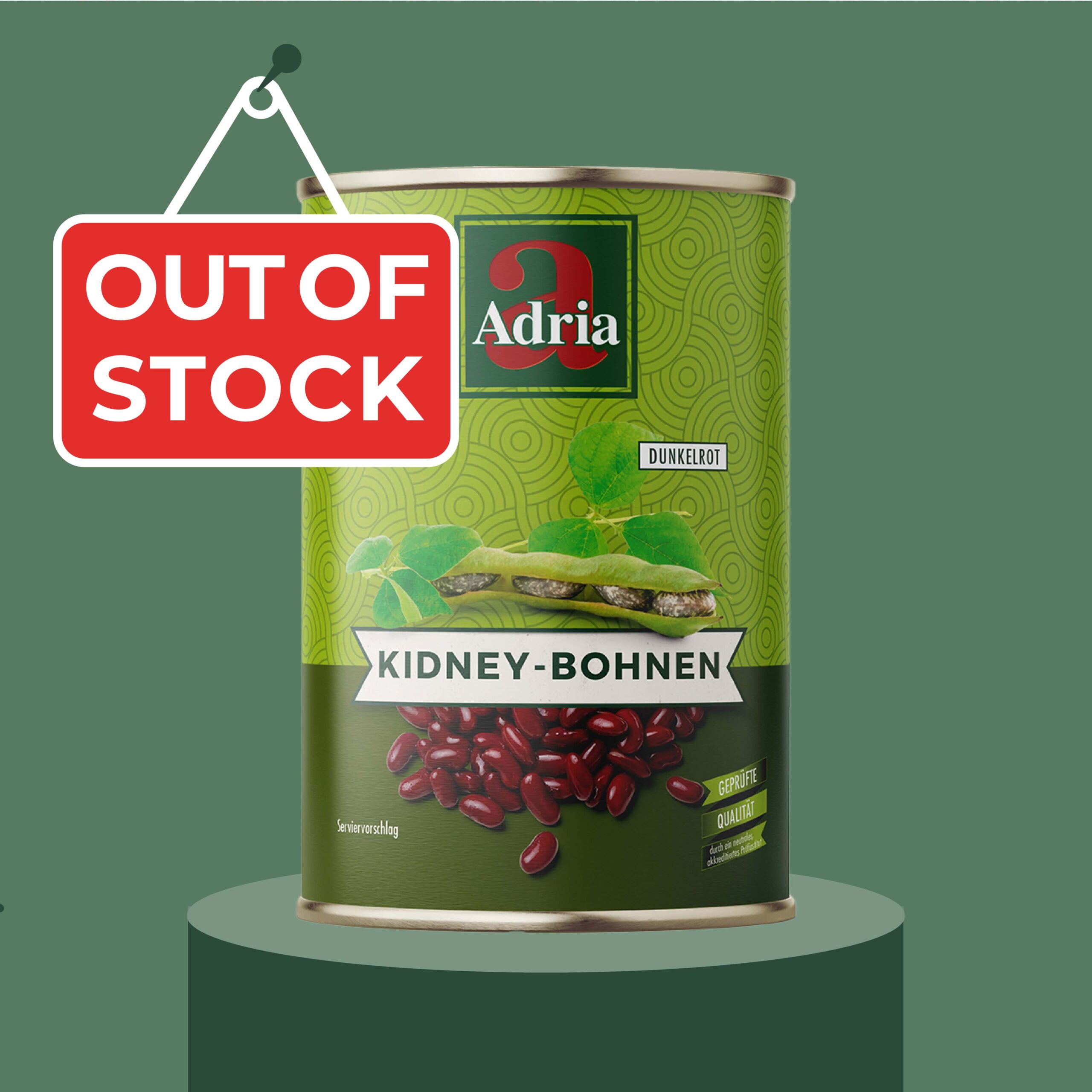
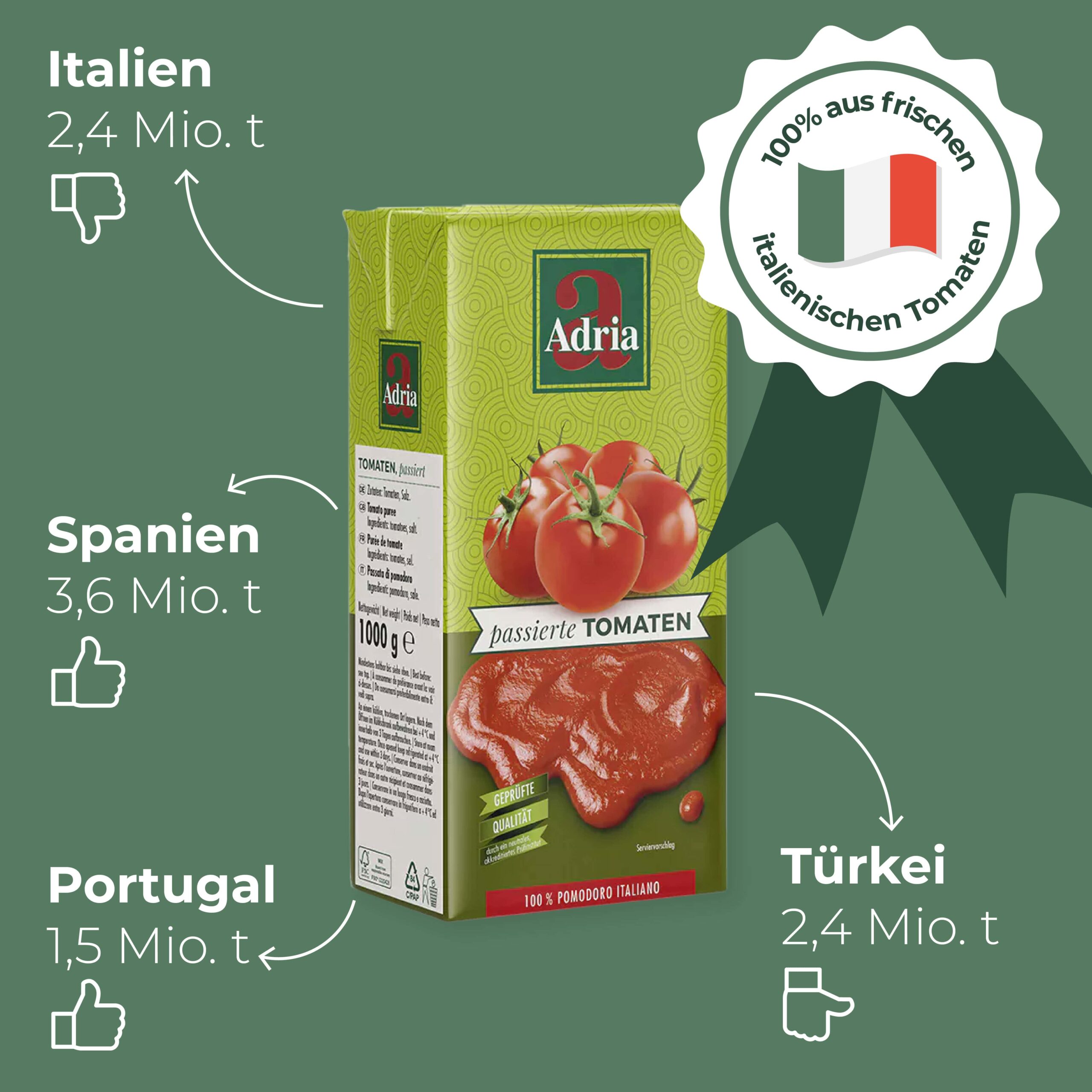
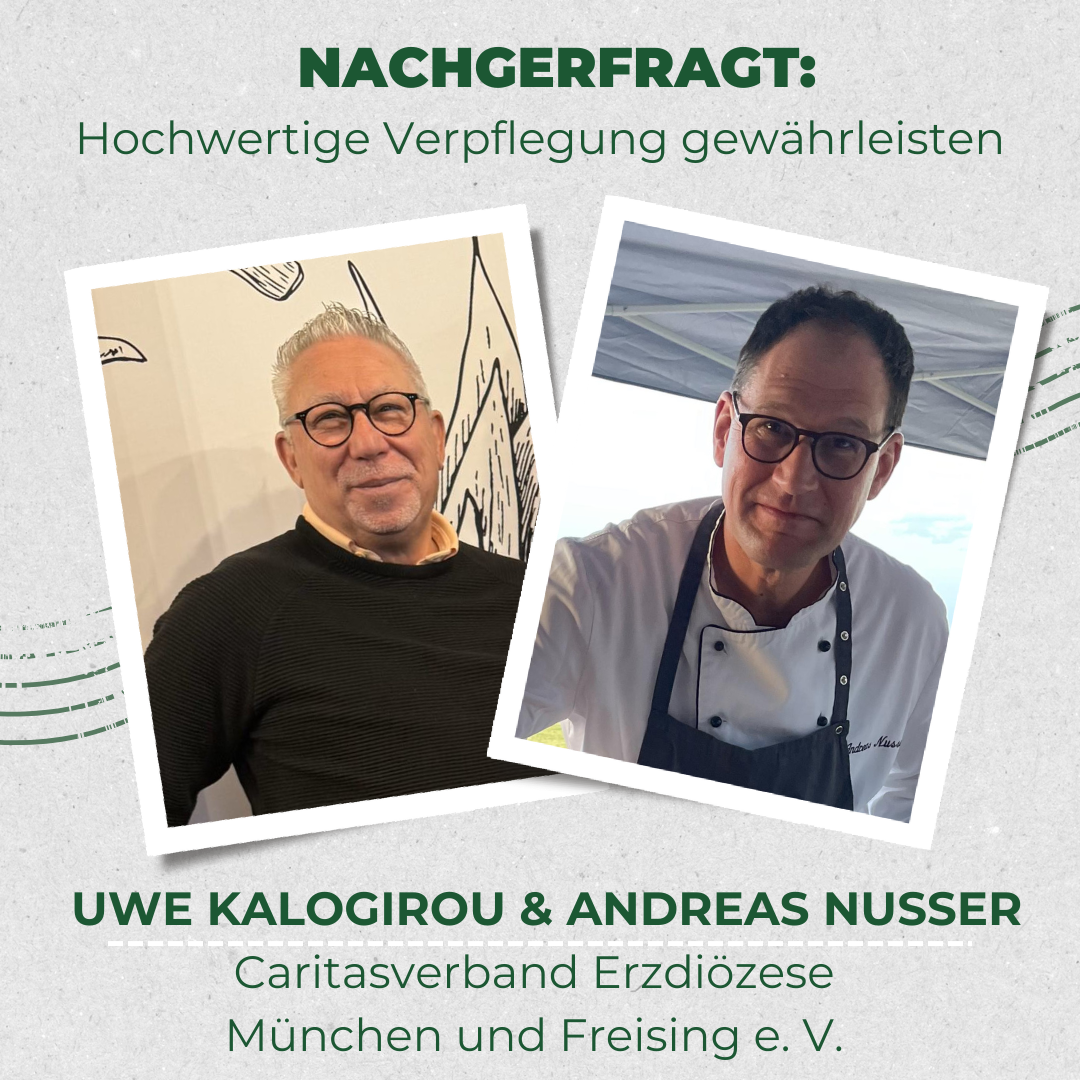
 Click here for the website of the
Click here for the website of the 